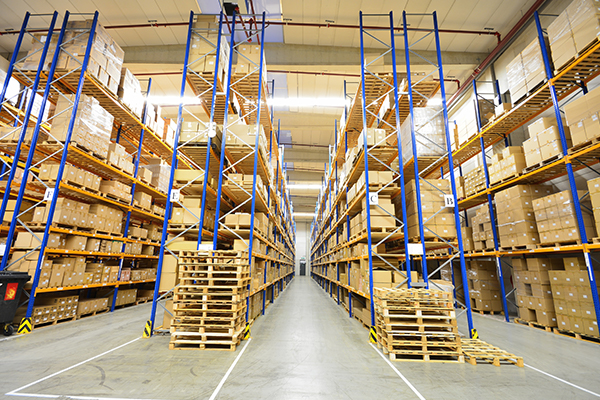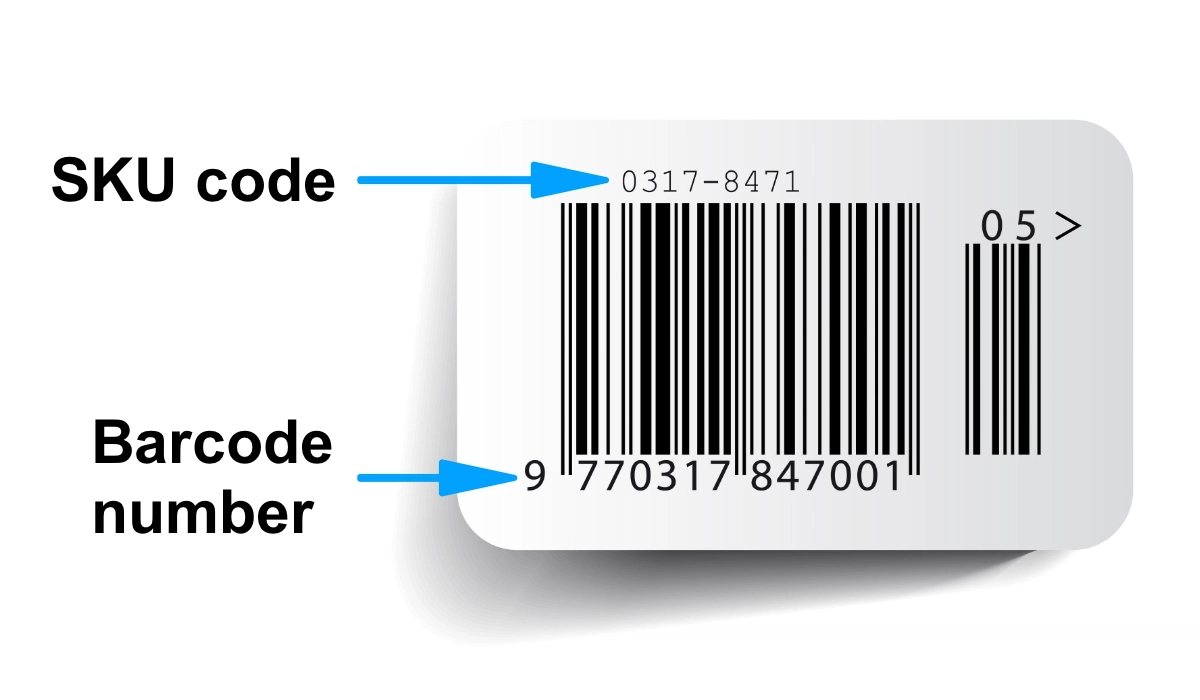In the digital era in which we live, technology has revolutionized every aspect of our lives, reshaping the ways we communicate, do business, and beyond. This transformation is particularly evident in the world of e-commerce fulfillment, where technology plays a key role in optimizing traditional practices. The integration of automation not only ensures the seamless functioning of order fulfillment companies but also allows them to process and deliver swift, error-free orders. Hence, in this day and age, this shift towards embracing technology is not just a trend but a strategic imperative.
This comprehensive guide will discuss the ways in which order fulfillment companies are adapting to the current demands in e-commerce by harnessing cutting-edge technologies. We will highlight four specific automated systems used in e-commerce fulfillment, the benefits they bring and how to implement them in order to ensure the success of any fulfillment operation in today’s dynamic e-commerce logistics industry.
How E-commerce Fulfillment Has Evolved Over Time
Over the last couple of decades, technology has gradually become more and more important in e-commerce fulfillment. Historically, order fulfillment companies that employed traditional logistics processes grappled with a range of challenges that hindered operational efficiency. Manual handling of tasks, reliance on paper-based systems, and limited real-time insights for instance, resulted in delays, inaccuracies, and an inability to keep up with the escalating demands of the market. Recognizing the need for a shift in approach, the e-commerce industry has begun to evolve, progressively steering away from traditional methods towards technology-driven solutions.
Key Technologies Transforming Order Fulfillment
There are many different technologies that order fulfillment companies can harness to enhance efficiency and accuracy in shipping and packaging logistics. Below we outline four of the most effective automated solutions revolutionizing e-commerce fulfillment and illustrate how they can be highly beneficial for logistics companies.
- Warehouse Management Systems (WMS)
Warehouse Management Systems (WMS) play a key role in transforming warehouse operations, offering businesses a sophisticated solution to streamline and optimize the complex processes that take place within these facilities. A WMS is a software application designed to control and manage day-to-day operations in a warehouse, which provides real-time visibility into inventory, order tracking, and overall warehouse performance. Its primary function involves orchestrating the movement and storage of goods within the warehouse, ensuring efficient use of space, labor, and resources. By automating and centralizing tasks such as order processing, picking, packing, and shipping, WMS significantly enhances operational efficiency.
Implementing WMS in order fulfillment companies brings a wide range of benefits. It leads to improved accuracy in inventory management, minimizing errors associated with manual tracking. Additionally, the real-time data provided by WMS enables better decision-making, reducing the risk of stock-outs or overstock situations. The enhanced visibility and control offered by WMS contribute to quicker order fulfillment, ultimately increasing customer satisfaction through timely and accurate deliveries. Overall, adopting WMS is a strategic investment for order fulfillment companies seeking to optimize their warehouse operations and meet the ever-growing demands of the e-commerce market. - Automated Guided Vehicles (AGVs)
Automated guided vehicles (AGVs), also known as self-guided vehicles, are self-directed material handling systems or load carriers. They autonomously move around warehouses and distribution centers without an onboard operator or driver, relying on advanced navigation systems to maneuver through their surroundings. This autonomous capability leads to increased operational efficiency for order fulfillment companies thanks to the seamless movement of goods around industrial spaces.
- Internet of Things (IoT)
The integration of the Internet of Things (IoT) has revolutionized the logistics industry by improving real-time tracking and visibility. Through IoT-enabled devices and sensors, order fulfillment companies are able to monitor the entire supply chain in real-time, providing accurate and up-to-date information on the status and location of orders. This level of visibility allows businesses to make proactive decision-making, reducing delays and minimizing the likelihood of errors. Customers also benefit from this transparency as they receive timely updates on the progress of their orders and delivery timelines, fostering trust and leading to enhanced customer satisfaction.
- Machine Learning and Predictive Analytics
Machine learning and predictive analytics have transformed order fulfillment strategies by providing technologically advanced tools for demand forecasting and inventory management. By harnessing machine learning algorithms, order fulfillment companies can analyze historical data, market trends, and other relevant factors to generate accurate demand forecasts and identify risks and opportunities. Predictive analytics allow businesses to operate with an adaptive approach, making informed decisions such as adjusting stock levels, optimizing warehouse space, and fine-tuning production schedules.
Overcoming Challenges in Implementing Technology
While the technologies listed above can be transformative for any logistics company, implementing them can come with various challenges. These advancements can have high upfront costs, be difficult to integrate with existing fulfillment systems, and cause data security concerns. However, there are many solutions to overcoming these obstacles, allowing for a smoother transition to a more innovative and efficient logistics operation. Firstly, conducting a thorough cost-benefit analysis can highlight the long-term advantages, including increased efficiency and competitive advantages. In order to avoid disruption while integrating with existing processes, careful planning, thorough testing, and phased implementation is adviced. Finally, to mitigate concerns regarding data security, order fulfillment companies should prioritize robust cybersecurity measures and select technologies with proven track records in data protection.
Choosing the Right Technology for Order Fulfillment Companies
When selecting technology for order fulfillment companies, it is worth considering the specific needs of your business and the scale of your operations. Prioritize solutions that offer real-time tracking and efficient inventory management. Assess the compatibility of the technology with your existing systems and evaluate its scalability to accommodate future growth. Additionally, seek out case studies and customer reviews to gauge the success of similar businesses with the chosen technology. Remember, the right technology should enhance efficiency, improve accuracy, and ultimately contribute to an enhanced customer experience.
Conclusion
Technology in order fulfillment companies is essential, and the transformative impact of innovations like Automated Guided Vehicles, Warehouse Management Systems, the Internet of Things, and Machine Learning is considerable. These advancements not only optimize current practices in e-commerce logistics but also lay the groundwork for a digitally-driven future. There is a compelling argument for companies to fully embrace these technologies, in order to enhance efficiency, visibility, and decision-making, which in turn leads to improved customer satisfaction. Looking ahead, the future of order fulfillment holds even more promise, with emerging technologies like robotics and artificial intelligence poised to revolutionize supply chain management.



